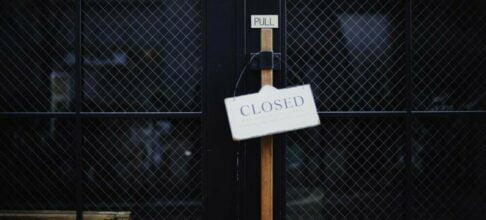
“This means making some structural changes and some tough decisions that will unfortunately impact some of our people,” Milham wrote. “From today we will be consolidating a number of our hubs but will be still continuing to service all our current markets.” Milkrun’s hubs are the miniature warehouses where it stores goods before its riders, who are paid full industry standard wages, deliver them to customers in a model that has won praise from shoppers. Loading “We will also be making some structural changes at HQ,” Milham wrote. “This means we will be reducing the total number of roles across the business by around 20 per cent.” He did not say how many people Milkrun employed before the cuts, or the number of warehouses that are closing. LinkedIn, which is not a wholly accurate measure because it relies on people self-recording their jobs, puts Milkrun with about 200 staff.
A source close to the company, who spoke anonymously because they were not authorised to speak publicly, said Milkrun had closed a company-wide discussion channel on the messaging app Telegram shortly before it announced the cuts. Staff there had been complaining of a hiring freeze and saying that casual staff were not being given shifts. The spokeswoman confirmed the company had disabled the Telegram group, saying it was no longer necessary for operations and the shutdown would protect workers’ confidential information. Other Telegram channels for specific hubs remain active. A spokeswoman said the changes meant Milkrun had enough cash to last for more than 12 months. Average orders had more than doubled in value since the last reported figures to more than $50, and all hubs would be profitable or breaking even after the redundancies and closures, she added. She claimed Milkrun would still have the fastest food deliveries in the country, averaging 30 minutes, despite many hubs now serving a larger geographic area. Milkrun raised $86 million in less than a year from investors including the private offices of Atlassian founders Mike Cannon-Brookes and Scott Farquhar along with US firm Tiger Global on a series of lofty hopes. It told potential investors it planned to rapidly earn billions in revenue and expand into areas including payments, insurance and takeaway delivery.
Axed Milkrun staff will get their legal entitlements, counselling and a bonus payment, Milham wrote on Wednesday.
“This is obviously very difficult news to deliver and receive, and I’m sorry to those of you
whose roles are being impacted,” he added, paying tribute to those who were being made redundant.
The Business Briefing newsletter delivers major stories, exclusive coverage and expert opinion. Sign up to get it every weekday morning.
Most Viewed in Technology
Loading














